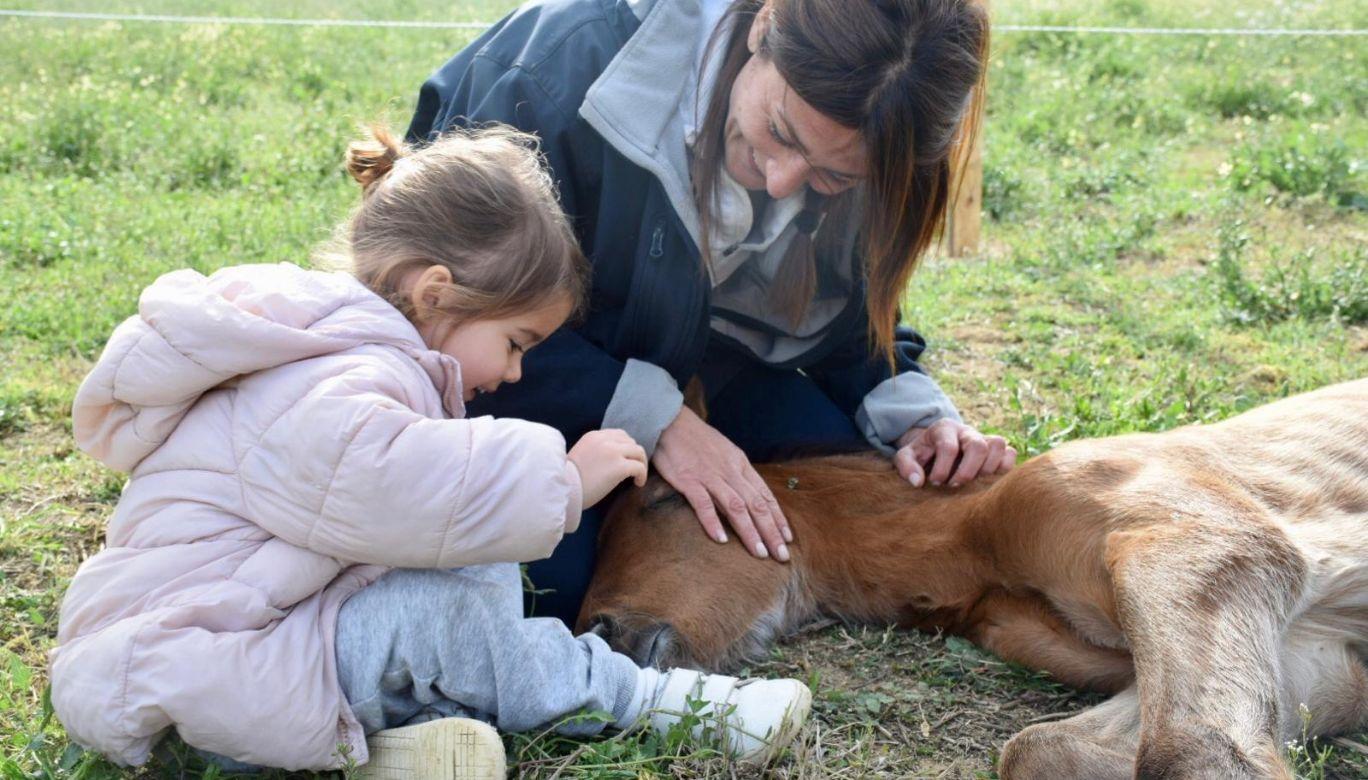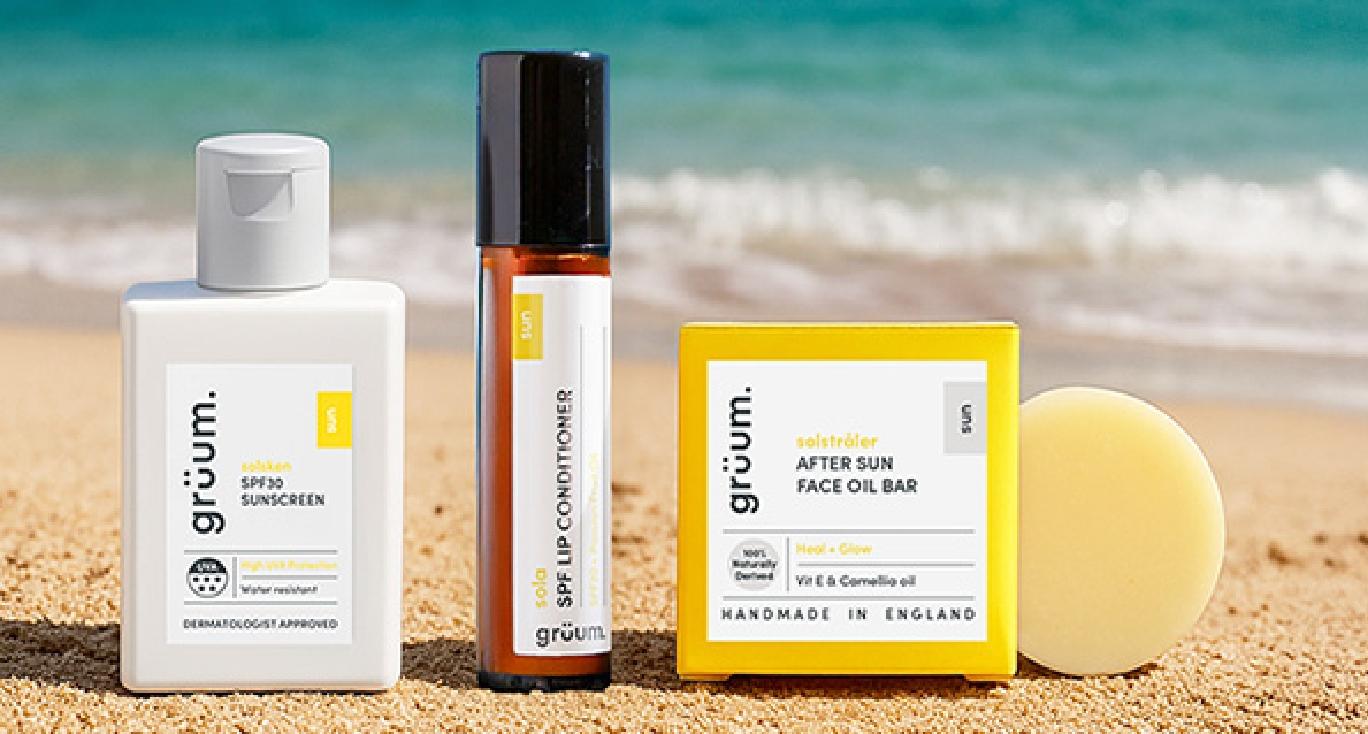Ece golden paddock embracing personal growth through the energy of the horse
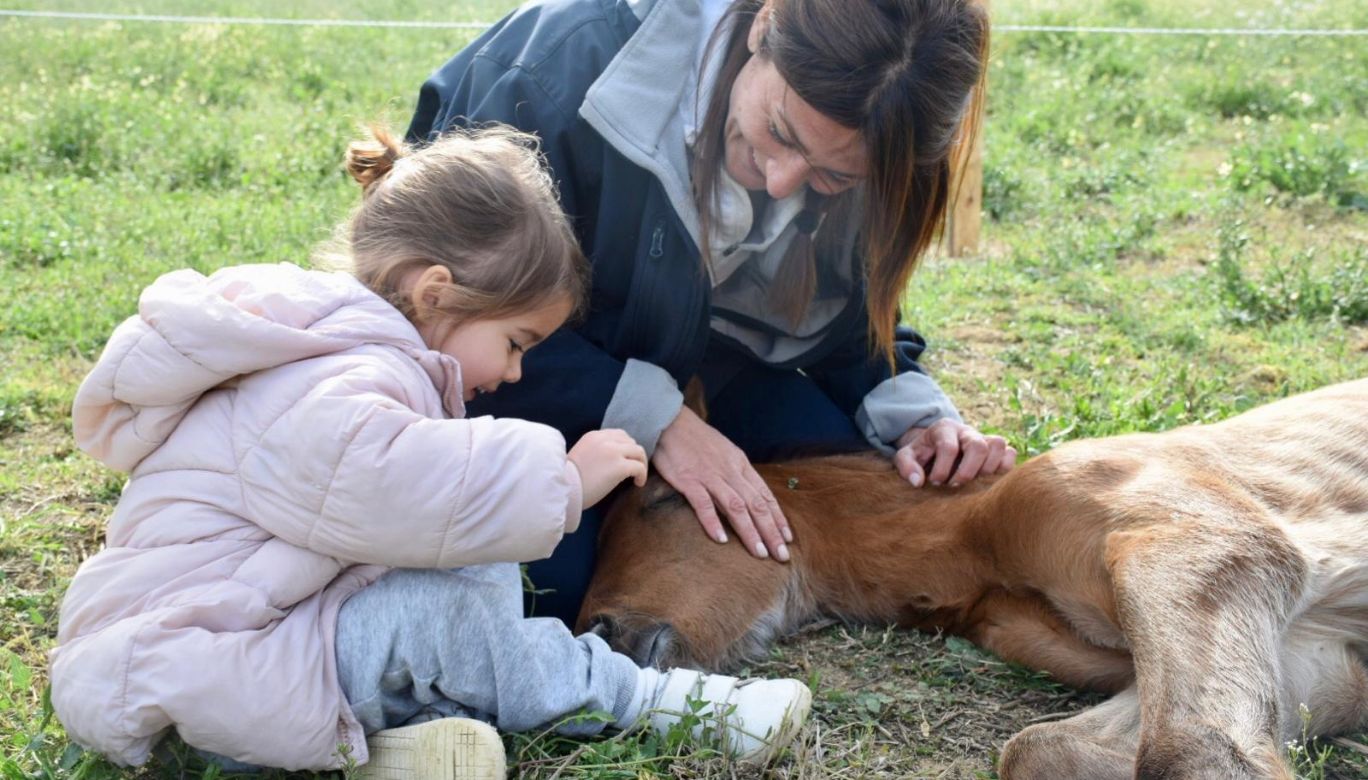
Recent studies suggest that a lack of interaction with nature combined with the COVID pandemic, subsequent lockdown and social isolation stress could be the cause of a further decline in mental health and that health policies to mitigate mental health outcomes should be implemented (Figueiredo et al., 2021).
It is thus of significant concern that urbanisation and the challenges of modern life are leading to reduced engagement with the natural environment (Soga & Gaston., 2016). Reflecting the growing body of research demonstrating a link between interactions with nature and health, many governments, non–government organisations, public and private stakeholders consider these potential benefits in their policy and planning frameworks.
(The department of Health, 2010 and the Scottish Government.,2009). Indeed, across the world, many Nature Based Interventions (NBIs) are being implemented.
Taking all of these factors into account, a beautiful environment has been created in the form of Ece Golden Paddock. Located in the charming village of Dosrius, Barcelona, Ece Golden Paddock is a haven for those seeking personal growth and a deep connection with nature and, especially, the majestic Andalusian horses. Covering 8 hectares surrounded by lush forests, this idyllic location is the home of the exquisite Ece Golden Andalusian Horses.
Ece Golden Paddock is not just a home for the horses; it also serves as a space for various professionals and hobbyists to host their activities, taking advantage of the potential of the facilities and the horses themselves. Therapists, trainers, artists and professionals from various fields have the opportunity to use the facilities and collaborate with these elegant creatures.
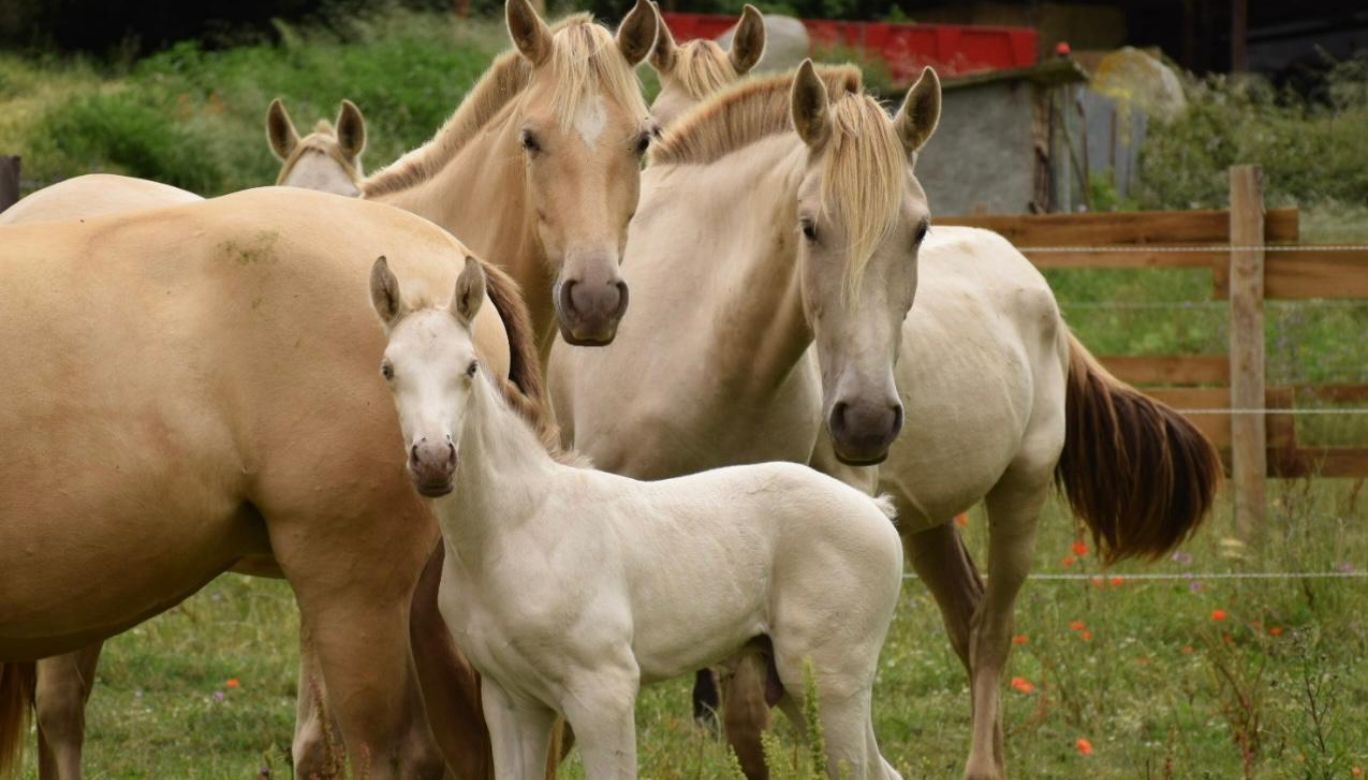
TRAINING SESSIONS AND EQUINE THERAPY
According to the biophilia hypothesis people have been designed and created to survive in a natural setting and have evolved while living in one. Humans have always been a part of nature because they had to look for animals to eat, water to drink, and terrain to protect themselves to survive. They have always been drawn to nature and continue to be because of a biological urge to adapt to their surroundings (Kellert & Wilson., 1993). According to stress reduction theory (Ulrich et al., 1991; Alvarsson et al., 2010), because of their ancestors’ biophilic needs for food, shelter, and other necessities, people are biologically predisposed to show a positive effect towards the natural environment.
Nature-based health interventions (NBIs) can facilitate behavioural change through a somewhat structured promotion of nature-based experiences and in doing so, promote improved physical, mental and social health, and wellbeing (Shannon et al., 2019).
NBIs are programmes, activities or strategies that aim to engage people in nature-based experiences with the specific goal of achieving improved health and wellbeing. These interventions were broadly categorised into those that change the environment in which people live, work, learn, recreate or heal (for example, the provision of gardens in hospitals or parks in cities) and those that change behaviour (for example, engaging people through organised programmes or other activities).
Evidence now points to benefits for physical health (e.g., lower prevalence of high blood pressure and allergies) (Donovan et al., 2018; Shanahan et al., 2016), mental health (e.g., lower prevalence of depression and anxiety) (Cohen-Cline et al., 2016; Cox et al., 2017) and social wellbeing outcomes (Shanahan, 2016) for people who spend time in nature. Moreover, there is evidence that the magnitude of such benefits can increase with the dose of nature (Cohen-Cline et al., 2016).
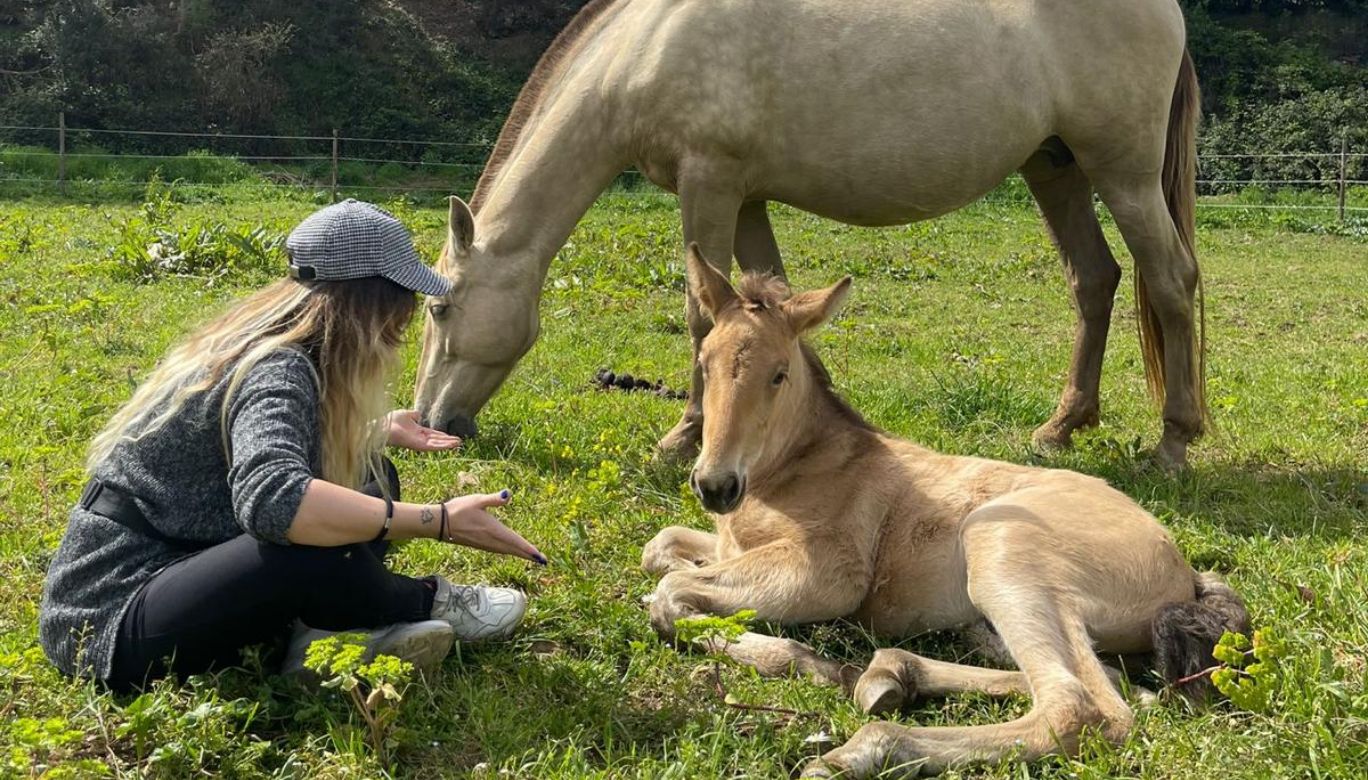
Benefits of Animals in NBIs
Horse training and coaching sessions amidst the picturesque forest setting at Ece Golden Paddock ensure an immersive and stimulating experience. Ground-based training allows individuals to develop a deeper understanding of horse behaviour whilst honing their skills in handling these extraordinary animals.
Animals and humans have coexisted for a long time and the benefits of this relationship and its connection to better health have consistently been demonstrated (Chalmers et al., 2020; Laurent Simpson, 2017). According to studies, people’s mental health has benefited from interactions with animals (Shoresmith et al., 2021). Equine Assisted Therapy (EAP) has been used to treat a variety of mental health disorders (MHD) and research has shown that it improves assertiveness, self-worth, and confidence in addition to reducing negative behaviours (Wilson, 2017; Harvey et al., 2020). Additionally, there is a link between canine companionship and many positive aspects of human health such as physical activity (Christian et al., 2018), psychological health (Powell et al., 2019), increased empathy and self-efficacy (Flynn et al., 2020), a stronger sense of family and community (Powell et al., 2019), a sense of responsibility and increased trust among others (Mercer et al., 2015).
Programs for early intervention and prevention in mental health have the potential to improve the state of people’s mental health (Dray et al., 2017; Das et al., 2016; Werner, Seidler et al., 2017), yet many people who are experiencing signs of mental illness do not use mental health services or other avenues of care. Due to insufficient identification many people with MHD do not receive assistance (Soneson et al., 2018). The availability of care, lack of understanding about services, rigid services, waiting periods, intricate administrative processes and insuffcient identification are all recognised as obstacles to receiving treatment (Anderson et al., 2017). Studies variously show that between 0.6 to 16% of young people having MHD are detected by frontline non-mental health professionals such as teachers and primary healthcare providers, which significantly contributes to this unmet demand (Humphrey & Wigelsworth, 2016).
Ece Golden Paddock understands the importance of the connection between positive mental health and time spent with animals and in nature. By surrounding themselves with the serene beauty of the forest and the captivating energy of horses, people can embark on a journey of personal growth. The presence of horses has a profound effect, promoting mindfulness, self-awareness and empathy.

Offering its space for Equine therapy and nature based interventions, Ece Golden Paddock provides people with the opportunity to connect with horses on a deeper level, benefiting from their calming presence and ability to mirror human emotions. These therapy sessions can be transformative and aid in personal growth and emotional healing.
If you are looking for personal transformation and wish to immerse yourself in the captivating world of horses, Ece Golden Paddock offers you an unrivalled experience. Embrace the energy of the horse, forge unforgettable connections and embark on a journey of self-discovery in our Golden family.
Please do take time to visit the website www.ecegolden.es and the facilities. They truly are breathtaking.
Tarma Bayliss BSc
www.personcentredtherapy.uk
Features







